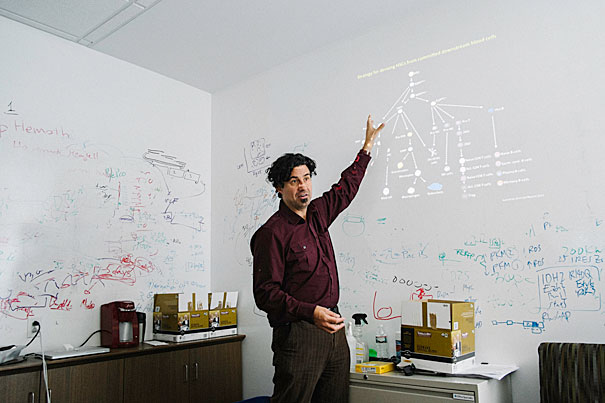Health
-

6 keys to a long, healthy life (ice cream included)
Also, why reading Ben Franklin beats climbing Mount Everest
-

Six cancers rising faster in younger adults than older ones
Large new global study fuels growing concern over trend of increases in several types

-

What’s next for GLP-1s?
Scientists eye new treatment targets for popular weight-loss drugs, from heart failure to addiction
-

Pricey blockbuster GLP-1s are costing users — and most of the rest of us, too
Health insurers are passing along cost for coverage in form of higher rates across the board, policy researcher says
-

Drinking 2-3 cups of coffee a day tied to lower dementia risk
Caffeinated tea also found to slow cognitive decline in study

-

New AI tool predicts brain age, dementia risk, cancer survival
Unlike other AI models, BrainIAC needs limited data to ID key neurological health indicators

-
Untangling spider webs
The largest-ever phylogenetic spider study shows that, contrary to popular opinion, the two groups of spiders that weave orb-shaped webs do not share a single origin.

-
$650M gift to Broad seeks to propel psychiatric research
Philanthropist Ted Stanley announced plans to donate $650 million to the Broad Institute of Harvard and MIT to foster research into psychiatric diseases, whose biological causes, long a mystery, scientists have begun to tease out in recent years.
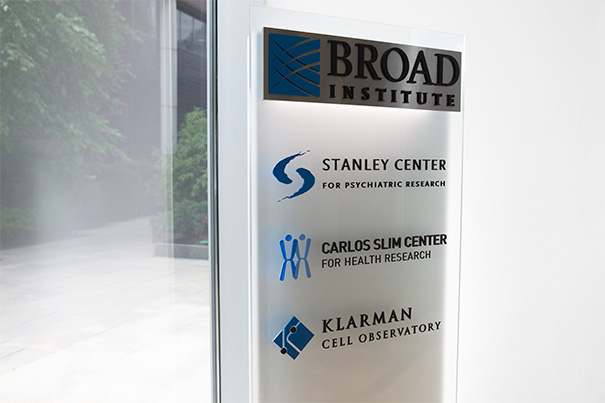
-
Researchers shed new light on schizophrenia
Harvard-affiliated researchers joined an international team to identify more than 100 locations in the human genome associated with the risk of developing schizophrenia in what is the largest genomic study published on any psychiatric disorder to date.
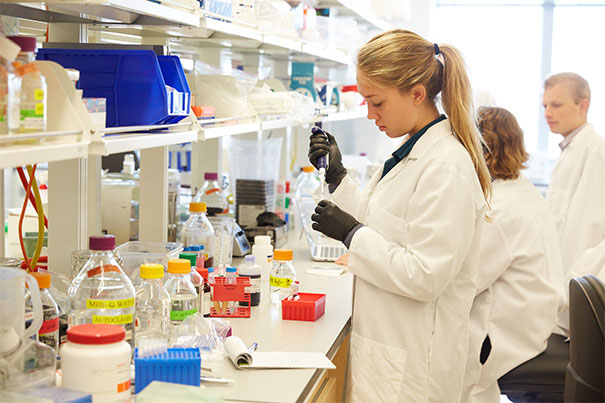
-
Viewing how neurons work
A new technique for observing neural activity will allow scientists to stimulate neurons and observe their firing pattern in real time. Tracing those neural pathways can help researchers answer questions about how neural signals propagate, and could one day allow doctors to design individualized treatments for a host of disorders.

-
Sizing up bacteria
A new theoretical framework outlined by a Harvard scientist could help solve the mystery of how bacterial cells coordinate processes that are critical to cellular division, such as DNA replication, and how bacteria know when to divide.

-
Antibody halts cancer-related wasting condition
New research raises the prospect of more effective treatments for cachexia, a profound wasting of fat and muscle that occurs in about half of all cancer patients, increasing their risk of death. Harvard Professor Bruce Spiegelman demonstrated that symptoms of cachexia in mice improved when given an antibody that blocked the effects of a protein secreted by the tumor cells.
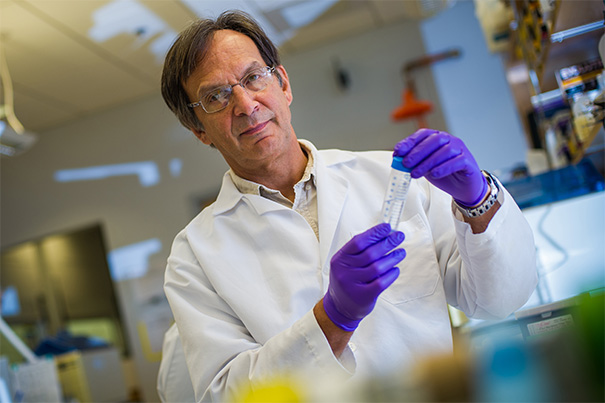
-
Vasectomy may increase risk of aggressive prostate cancer
Vasectomy is associated with a small increased risk of prostate cancer, and a stronger risk for advanced or lethal prostate cancer, according to a new study from Harvard School of Public Health.
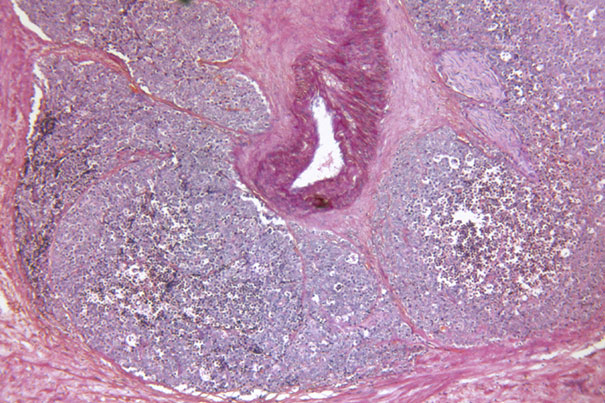
-
Obesity risk stronger among siblings
A new study found that two-child families present five times more risk of sibling obesity than single-child homes with an obese parent, which doubles the risk. Obesity risk is even stronger among same-gender siblings.

-
New way to regrow human corneas
Harvard-affiliated researchers have identified a way to enhance regrowth of human corneal tissue to restore vision, using a molecule that acts as a marker for hard-to-find limbal stem cells.
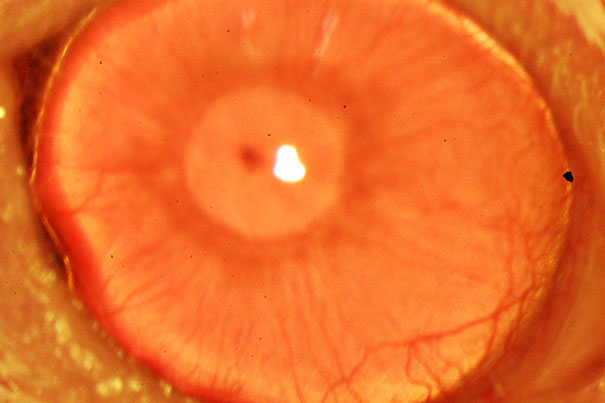
-
Improving stem cells’ regenerative potential
A team at Harvard Stem Cell Institute recently found that transplanting mesenchymal stem cells along with blood-vessel-forming cells naturally found in circulation improves results. This co-transplantation keeps the mesenchymal stem cells alive longer in mice after engraftment, up to a few weeks compared with hours without co-transplantation.
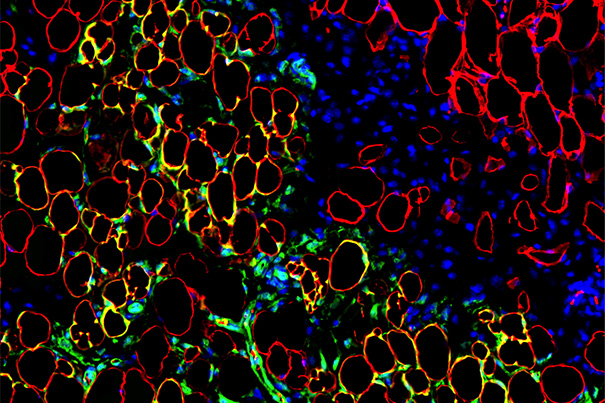
-
The goal: New arms
Will Lautzenheiser, a former Boston University film professor who lost his arms and legs from an infection, has been cleared by the Institutional Review Board at the Harvard-affiliated Brigham and Women’s Hospital for a double arm transplant, a complex procedure requiring 12 to 16 hours of work by a team of surgeons.
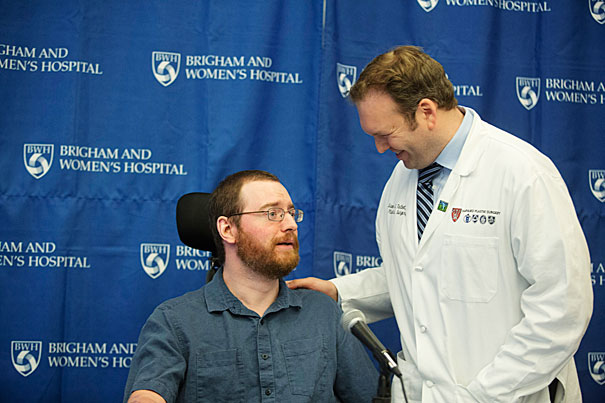
-
A malignant ‘switch’ in breast cancer
A team of researchers led by David J. Mooney, Robert P. Pinkas Family Professor of Bioengineering at the Harvard School of Engineering and Applied Sciences, has identified a possible mechanism by which normal cells turn malignant in mammary epithelial tissues, those frequently involved in breast cancer.
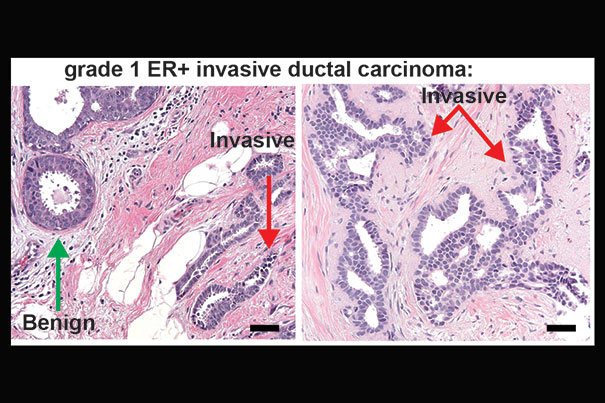
-
A shot against heart attacks?
Harvard Stem Cell Institute scientists collaborating with researchers at the University of Pennsylvania have developed a “genome-editing” approach for permanently reducing cholesterol levels in mice through a single injection, a development with the potential to reduce the risk of heart attacks in humans by 40 to 90 percent.
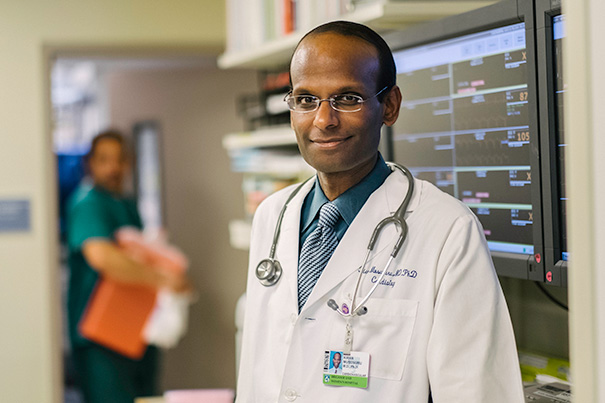
-
Reading shapes
A team of Harvard researchers has demonstrated that a shared developmental mechanism in songbirds is responsible for generating tremendous variability in their beaks, and is also a control on what kind variation can be produced.
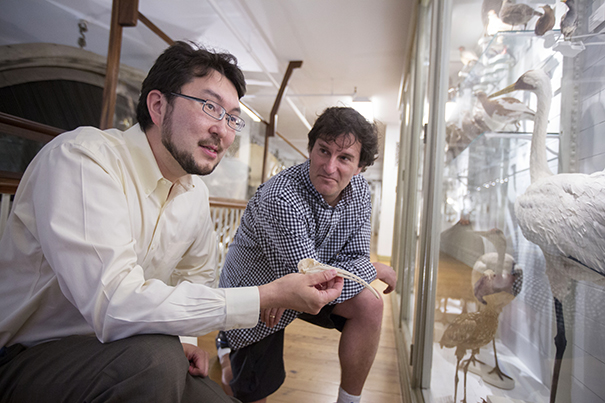
-
Unmasking a viral invader
A study from Harvard Medical School provides the first comprehensive description of how cytomegalovirus, or CMV, hijacks human cells and suggests entirely new ways to combat the infection.
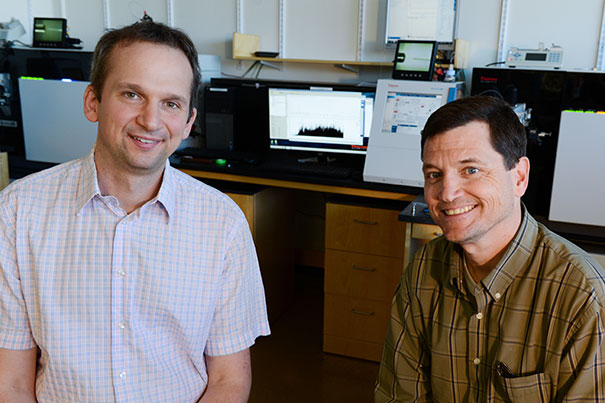
-
Natural hormone molds leaner bodies in mice
A natural hormone that is increased by physical exercise and by exposure to cold improves blood sugar control, suppresses inflammation, and burns fat to mold leaner bodies in mice, report scientists at the Harvard-affiliated Dana-Farber Cancer Institute.
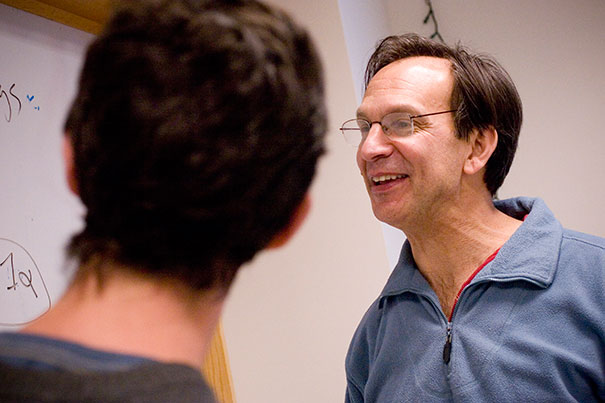
-
Bridging science and religion
Divinity School graduate Shelley Brown is combining her love for science and religion to help stitch together two fields that rarely seem to meet.

-
A decade of breakthroughs
The Harvard Stem Cell Institute is now 10 years old. What began as an idea embracing cross-disciplinary research quickly became a generator of scientific discoveries.
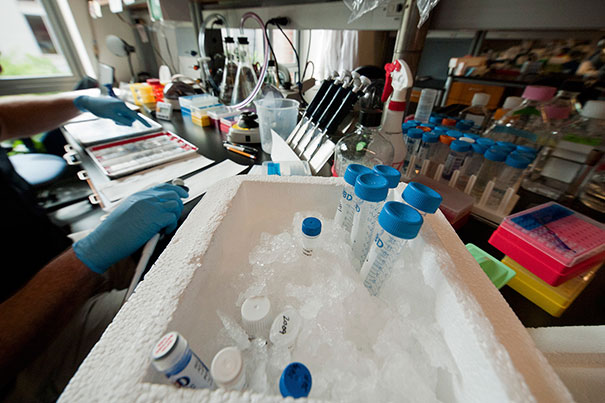
-
House calls, without visits
With a master’s from the School of Public Health, physician Darrell Gray hopes to use telecommunications to extend care to endangered groups in underserved neighborhoods.
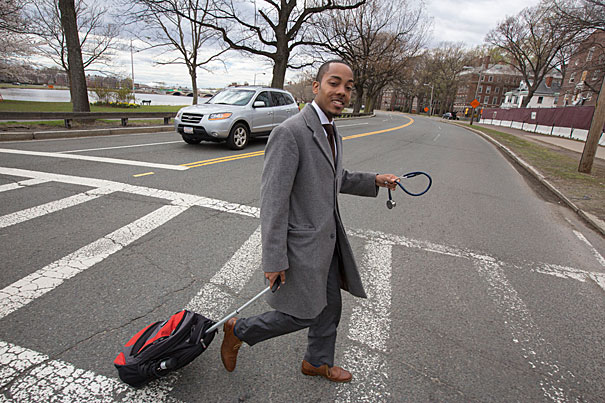
-
Putting off baby
Panelists at HSPH examined the trend toward delayed parenting identified in a recent government report.
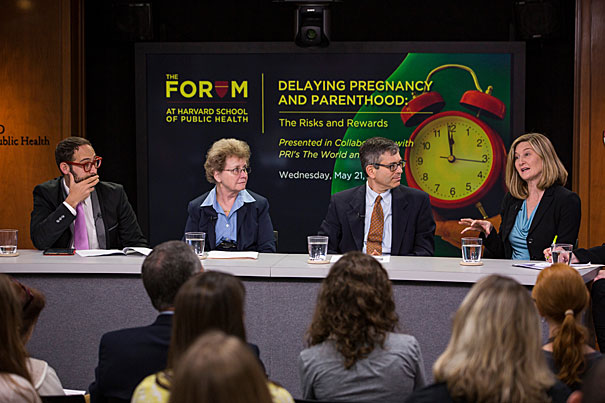
-
Strategy for diabetes treatment
Harvard scientists have discovered a compound that inhibits insulin-degrading enzyme from breaking down insulin in the body.
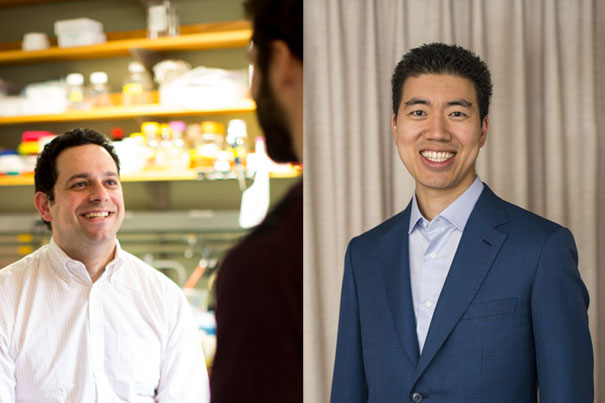
-
Research to lose sleep over
Will Clerx ’14 studied how going without sleep for long periods affects undergraduates.
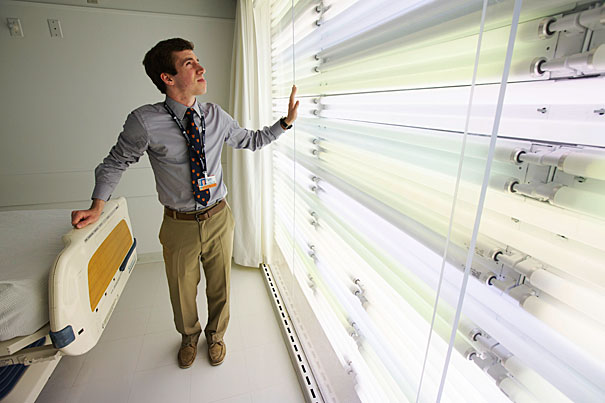
-
Parental controls
It could be that the key to being a better parent is all in your head, Harvard researchers say.
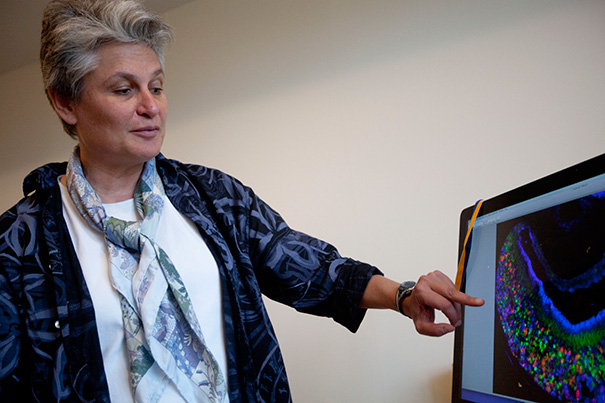
-
‘Heart disease-on-a-chip’
Harvard scientists have merged stem cell and “organ-on-a-chip” technologies to grow, for the first time, functioning human heart tissue carrying an inherited cardiovascular disease. The research appears to be a big step forward for personalized medicine, because it is working proof that a chunk of tissue containing a patient’s specific genetic disorder can be replicated in the laboratory.
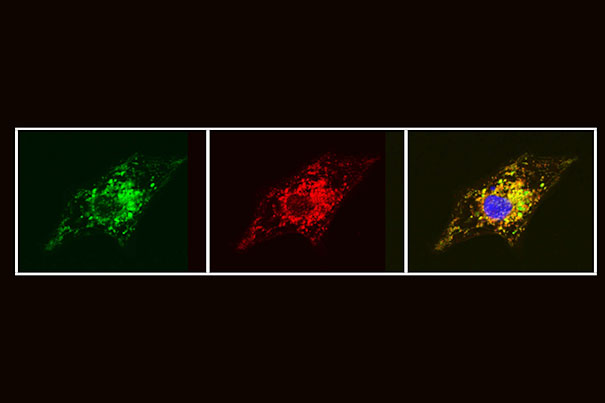
-
Addiction clue
Harvard researchers find that a gene essential for normal brain development, and linked to autism spectrum disorders, also plays a critical role in addiction-related behaviors.
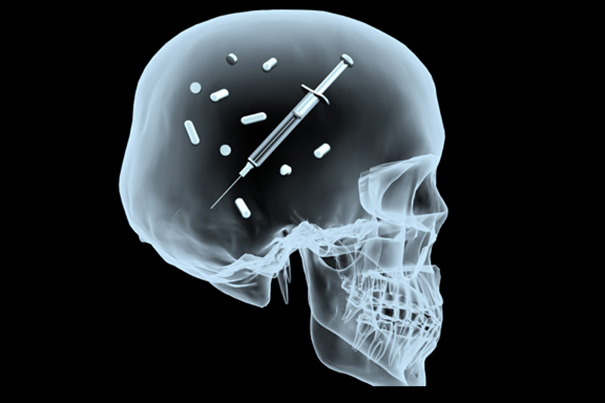
-
Rising CO2 poses significant threat to human nutrition
At the elevated levels of atmospheric CO2 anticipated by around 2050, crops that provide a large share of the global population with most of its dietary zinc and iron will have significantly reduced concentrations of those nutrients, according to a new study led by Harvard School of Public Health.

-
Hope for aging brains, skeletal muscle
Researchers at the Harvard Stem Cell Institute have shown that a protein, one they previously demonstrated can make failing hearts in aging mice appear more like those of young and healthy mice, similarly improves brain and skeletal muscle function in aging mice.
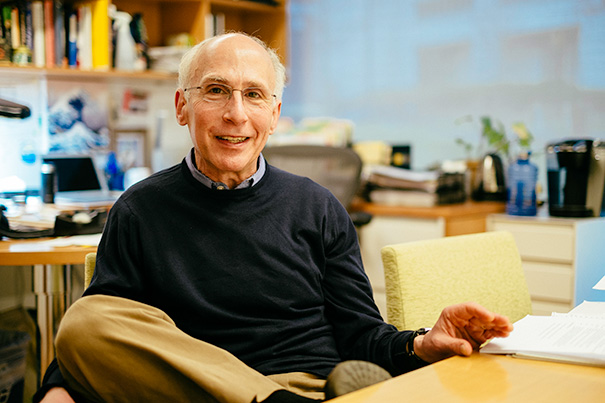
-
You call this spring?
Despite this year’s long winter and slow-warming spring, Harvard experts say that climate change hasn’t gone on hiatus. Long-term evidence indicates that spring in Boston has begun coming weeks earlier over the last century. The Gazette spoke with Elizabeth Wolkovich, a recently appointed assistant professor of organismic and evolutionary biology, about spring’s arrival, climate change, and nature’s life cycles.
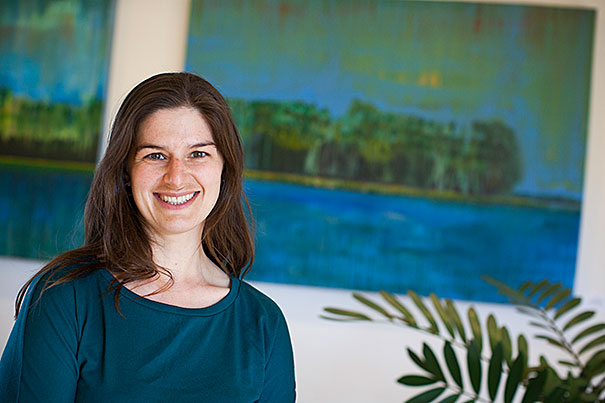
-
A taste of danger
Students in humanitarian relief got a taste of crisis during a three-day simulation at Harold Parker State Forest.
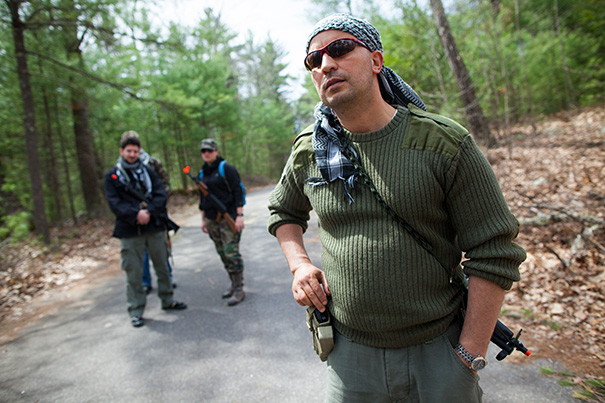
-
New hope in regenerative medicine
Harvard Stem Cell Institute researchers at Boston Children’s Hospital have reprogrammed mature blood cells from mice into blood-forming hematopoietic stem cells (HSCs), using a cocktail of eight genetic switches called transcription factors. The reprogrammed cells have the functional hallmarks of HSCs and are able to self-renew like those cells.
